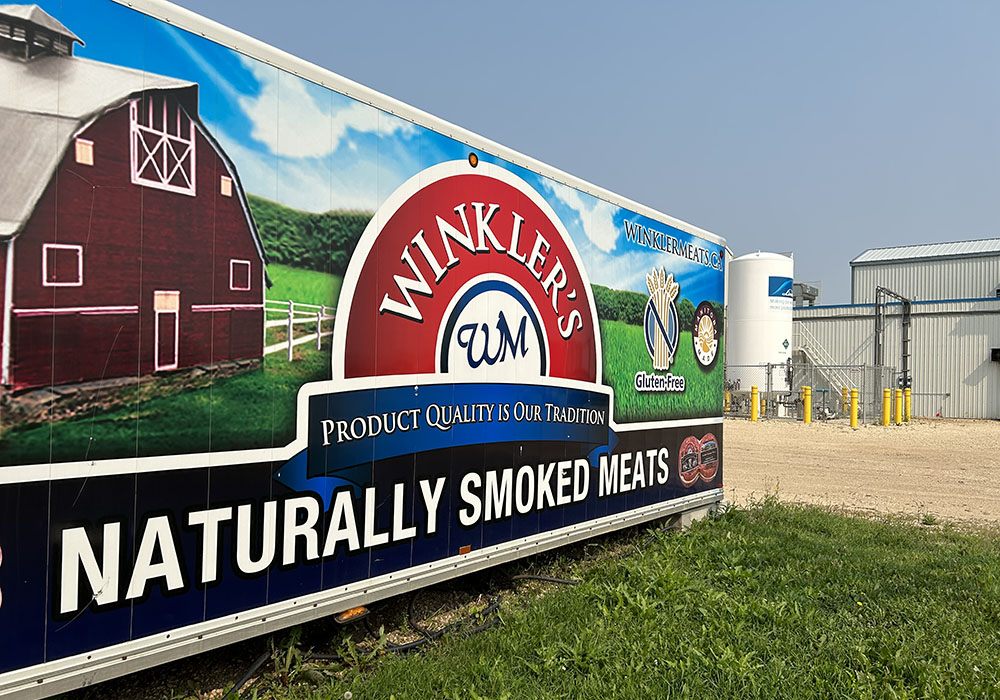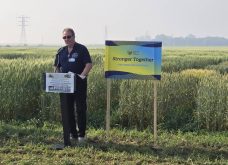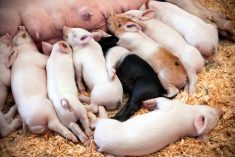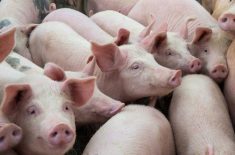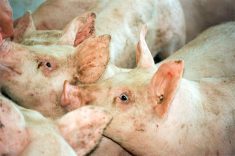Most cull sows in Western Canada are now shipped to the U.S. for slaughter, but a bigger plant is expected to change that
WINKLER, Man. — By 2025, more sows from prairie hog barns will be processed in Canada — thanks to a $52.8 million investment in Winkler, Man.
On July 24 Winkler Meats, known in Manitoba for its farmer sausage, and Johnsonville, a Wisconsin company with the most popular brand of sausage in the United States, announced a partnership to significantly expand the volume of sow harvesting and meat processing in Winkler.
Read Also
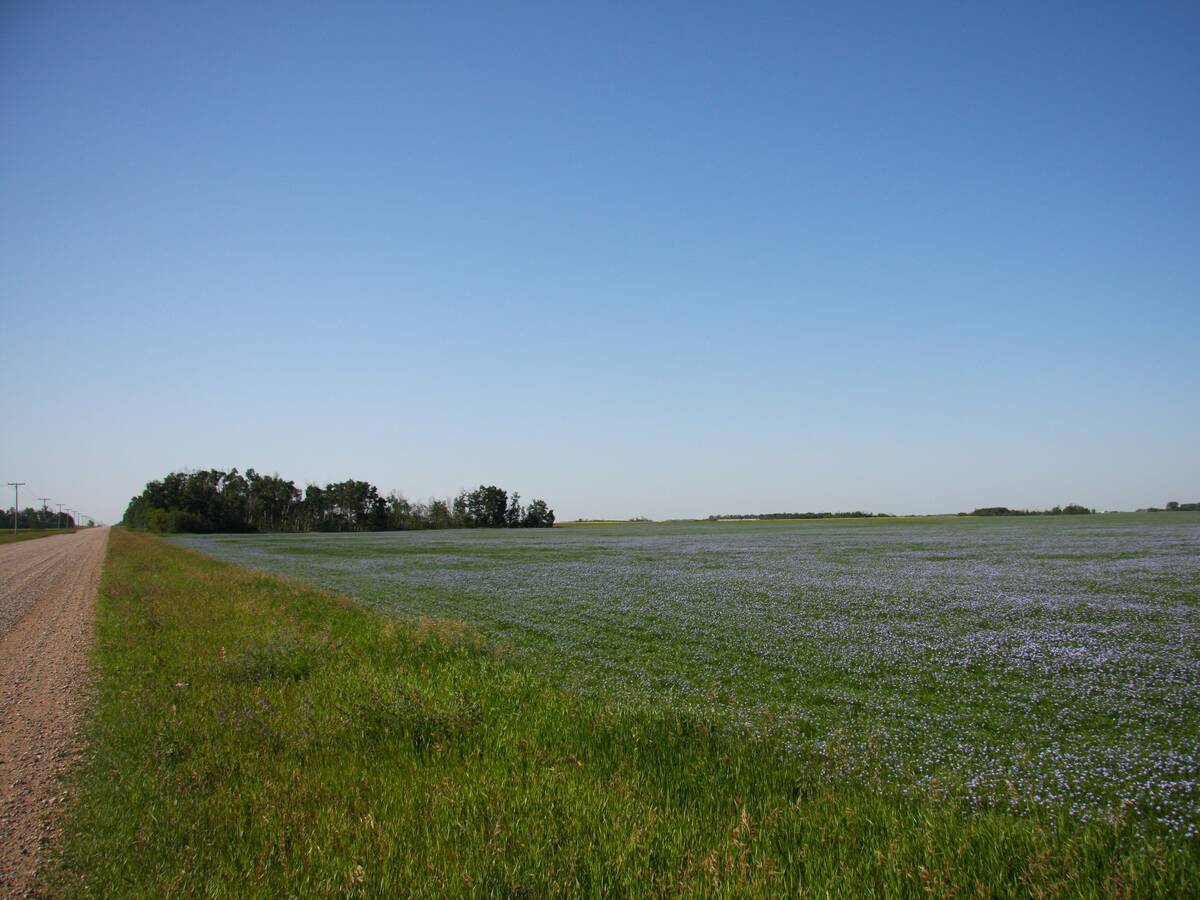
Farmland advisory committee created in Saskatchewan
The Saskatchewan government has created the Farm Land Ownership Advisory Committee to address farmer concerns and gain feedback about the issues.
“It’s probably going to be about a seven-fold increase to our production. It will be primarily a harvest plant, where we’ll be sending meat to the U.S.… to increase export sales and for Johnsonville,” said Jeff Senebald, Winkler Meats president, on the front steps of Winkler’s City Hall.
The investment will double the size of the workforce at Winkler Meats to likely 155 positions and keep value-added jobs in Manitoba.
Bigger picture, it’s a positive development for Canada’s pork industry, said Cam Dahl, Manitoba Pork Council general manager.
Right now, most cull sows in Western Canada go through Manitoba and are shipped to the U.S. for slaughter. The Winkler Meats expansion means that more sows will be processed in Canada.
“The (U.S. – Canadian) border is getting thicker. The ability to process here without having issues at the border, it’s a big deal,” Dahl said, referring to restrictions and regulations that curtail trade. “If African swine fever were to hit (Canada), that ability to process here is critically important.”
Johnsonville is a major buyer of Canadian sows, as the animals are transported from Manitoba to Johnsonville plants in Wisconsin.
“We’re one of the largest user of sows, in both the U.S. and Canada,” said Michael Stayer-Suprick, Johnsonville Holdings chief executive officer.
“Obviously, trucking to the U.S. is a big expense and it’s a big bio-hazard for any disease…. We’d rather send the meat to the U.S, or the finished goods to the U.S., rather than the live animals.”
The partnership between Johnsonville and Winkler Meats is a bit unusual, because they’re both in the business of making and selling sausage.
But the joint venture could offer joint benefits.
“The farmer sausage that’s made here in Manitoba by Winkler (Meats) and Pioneer (in Altona) is very different from our product. We think there are some synergistic opportunities by taking product south and bringing products north, as well,” Stayer-Suprick said.
“We (Johnsonville) have a larger sales force here in Canada. So, the good part is we can take the Winkler products… and push them east and west, as well.”
Construction of the new and larger Winkler plant is expected to begin this fall and be completed by 2025.
The Manitoba and federal governments are investing $2.4 million in the Winkler Meats project, for new harvesting and processing equipment and a high-capacity packaging line. The province is also providing $7.8 million in loan financing and tax rebates.
Derek Johnson, Manitoba’s agriculture minister, said the private investment in Winkler is part of a larger trend in the province, where agri-food processing is rapidly expanding.
“Since 2016, the value of food processed in Manitoba has grown from $4.5 billion to just over $8 billion in 2022. This is an increase of over 77 percent.”


